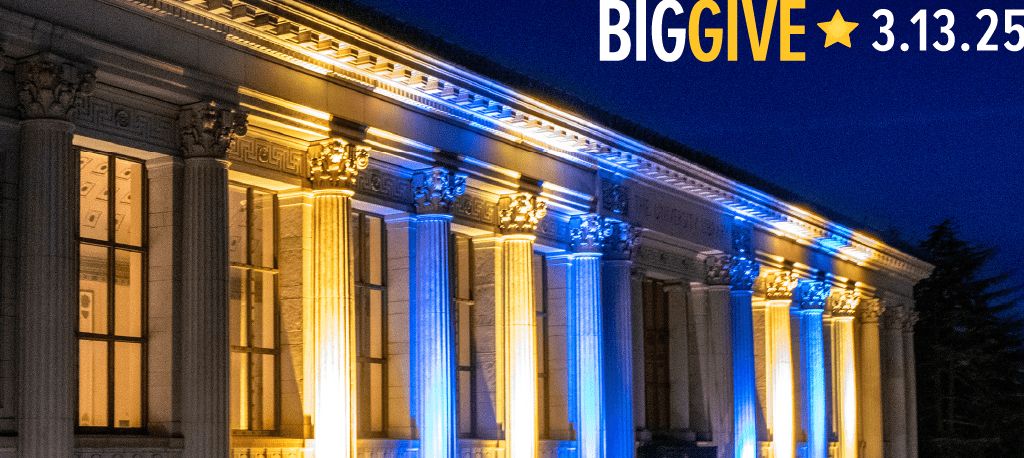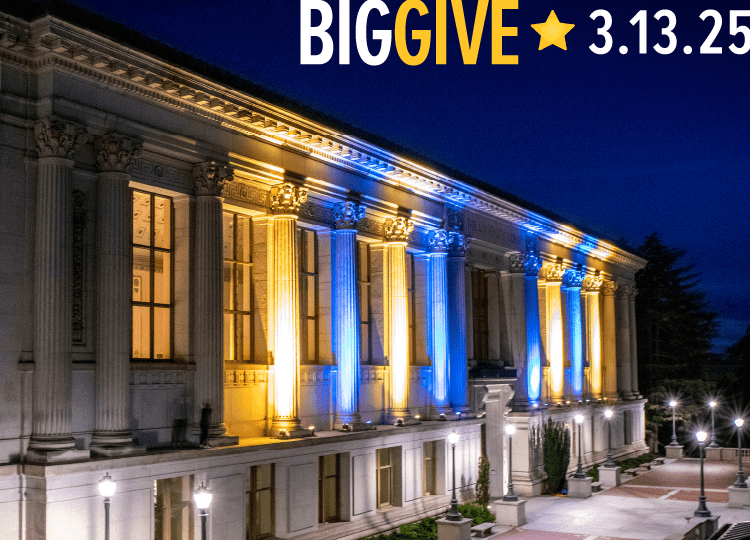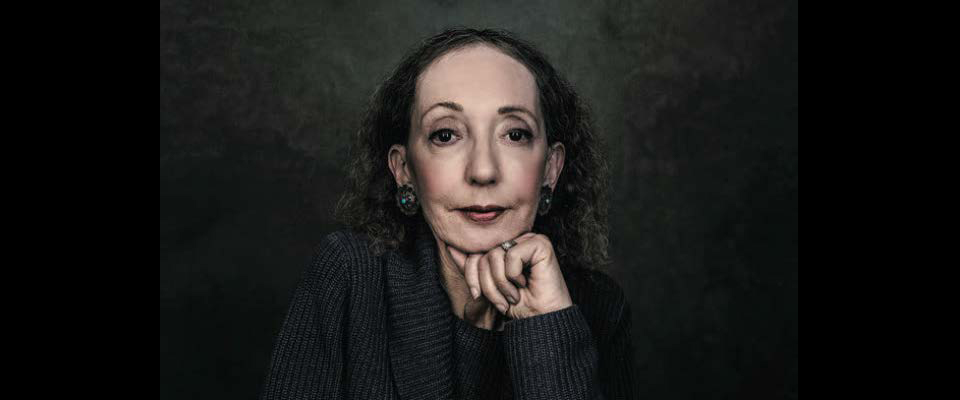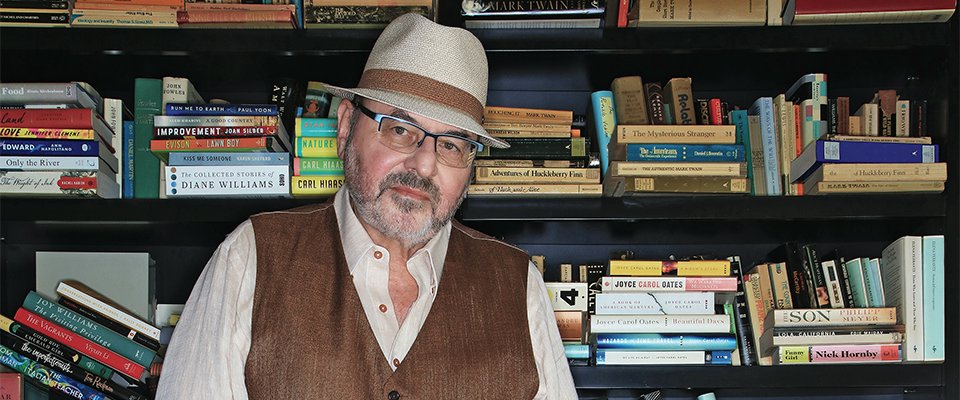1 There may be one thing that you and Donald Trump agree on: Both of you seem to love Twitter. Since October 5, 2012, you have tweeted nearly 58,000 times and have a staggering 180,000 followers. Why do you find Twitter such a compelling medium for self-expression?
Oates: My publisher Ecco established an account for me, some years ago. Originally Twitter was a means for writers, for instance, to announce where they were giving readings, which bookstores they were visiting, etc. Gradually, Twitter has evolved into a very active political forum, but this was not initially the case.
2 You have published more than 40 novels and have a vast arsenal of published short stories, nonfiction, and poetry to your name. Do you ever feel that social media distracts you from your work, as it does the rest of us?
Probably, yes. But in the past, many other things distracted, like protracted telephone calls, which scarcely exist now.
Twitter, for me, is akin to very brief conversations/exchanges with friends. There was a time in our culture—you are too young to recall—when people spoke often on the phone; friends were likely to speak to each other at least once a day. That time is past—and so, on Twitter there is a remnant of that wish to communicate with others who are like-minded, on a casual and brief basis. And so, my tweets are usually in response to others’ tweets, though these may not be evident if you are reading tweets on your own timeline. There are about a dozen people whom I follow assiduously, and I think of them as “Twitter friends”—they have taken the place of those friends with whom I used to speak on the phone daily. (Is this good? Not good? It is a fact of our evolving culture.)
3 Do you find the social media platform actually enjoyable, or rather a vessel for important or entertaining information and ideas?
I only follow a relative small number of “active” Twitter accounts. The first person I followed was Steve Martin—at the time, a highly active, very witty, and surreal Twitter presence. Steve has changed considerably since then—his tweets are less frequently jokes, but rather more vessels for information involving his bluegrass music appearances. (Steve never, but never, tweets about politics.) Apart from personal connections, Twitter is a sort of vast, heterogeneous magazine with countless contributors and links. It is a vessel for information not available in the mainstream media.
4 At what points in your quotidian routine do you usually fire off a tweet?
I begin working on my writing quite early in the morning—consulting Twitter is akin to taking a break. Since I began using Twitter years ago, the culture has become politicized to a toxic degree; but it was not like this originally. Twitter could be a place for casual intellectual exchange—Pascal, Kierkegaard, Nietzsche, obscure fictions by Dostoyevsky—these were likely subjects. Now, all is T***p. It has become a mania. Essentially, a malevolent clown–con man has usurped control of the executive branch of the U.S., and we are in the aftermath of that catastrophe. Fortunately, there are many individuals with power of their own, political and otherwise, who are striving to wrest control back again. But in the meantime, it has been a consuming drama.
5 Are Joyce Carol Oates and @JoyceCarolOates one and the same?
This is a complex question. Is the “Hemingway” of the early stories the identical Hemingway of the late novels? We all have many identities, and as we move through time, and through relationships with others, naturally we are altered. The human brain is continually taking in information and being altered. To me, as I’ve said, Twitter represents a way of communication that was once largely oral, over the phone. Of course, it is also “social media”—others can listen in—and in that way it is very different.
Twitter inhabits the interstices of my writing life, as probably it inhabits the interstices of many others’ lives. But it is not a matter of depth, but rather a fleeting and diverting phenomenon from which one can learn much (such as the astonishing frequency with which U.S. law enforcement officers commit misconduct, especially against persons of color and the mentally ill; mistreatment of animals; violations of women’s rights), as well as attempt to contribute.





















